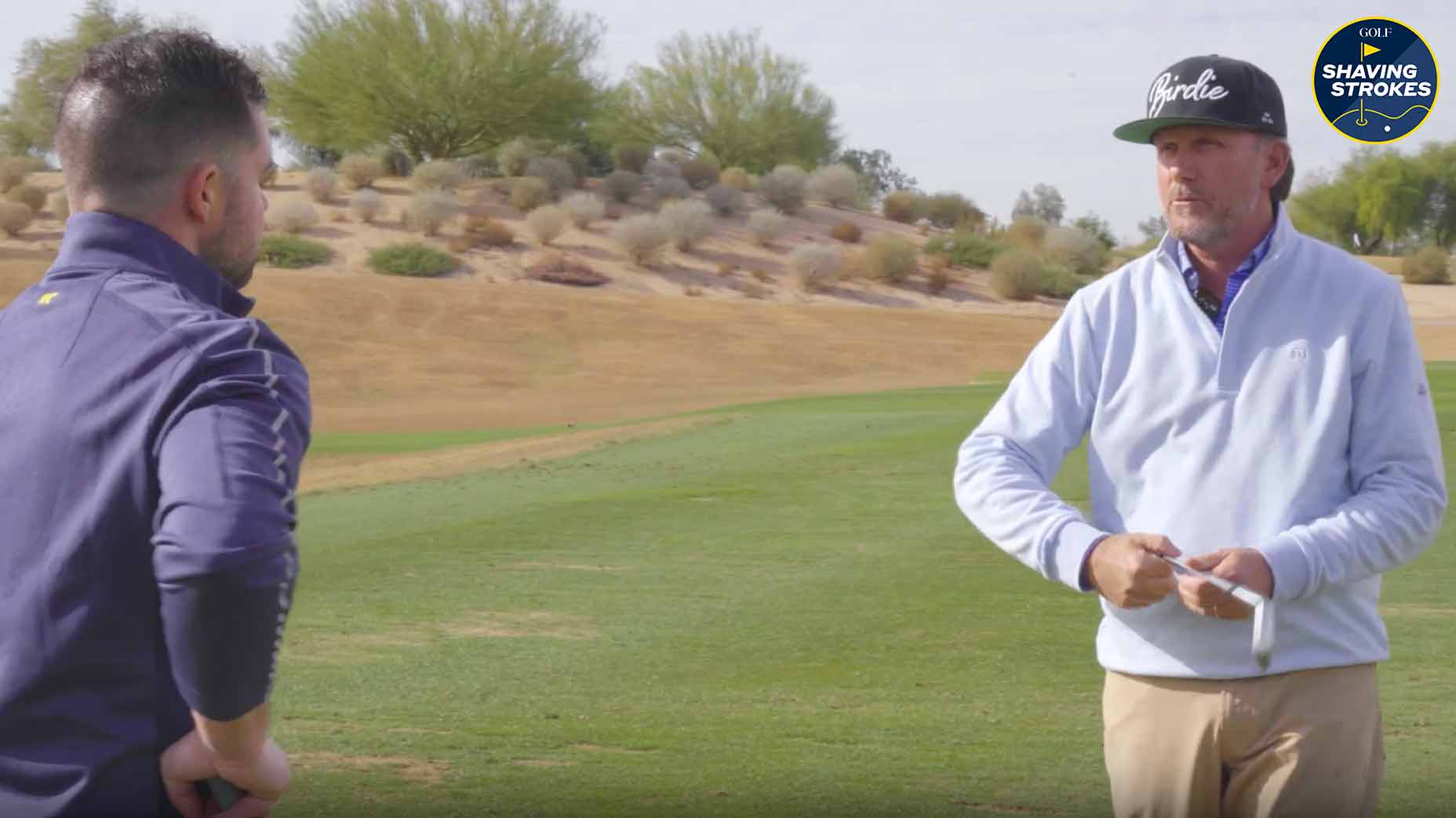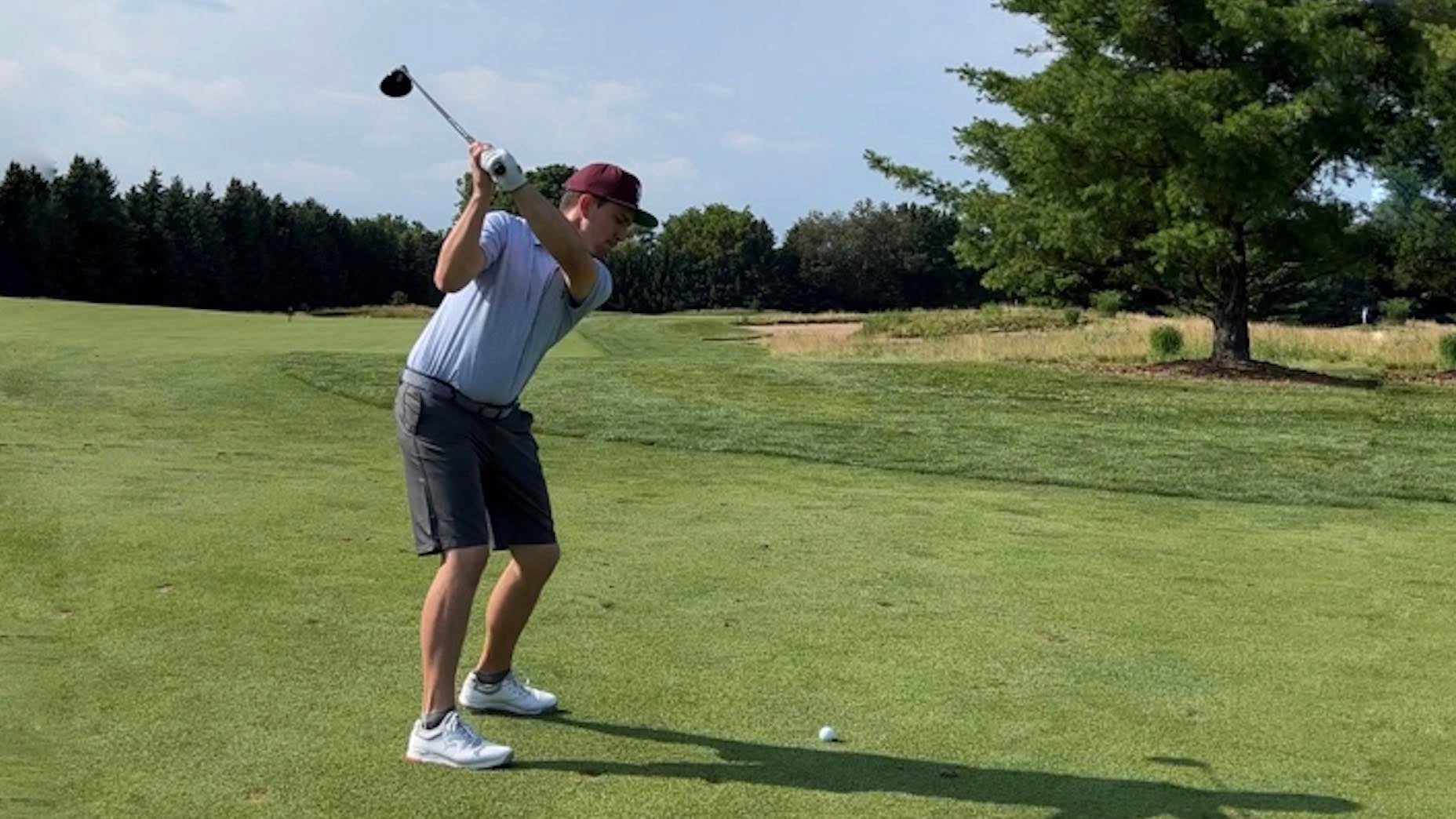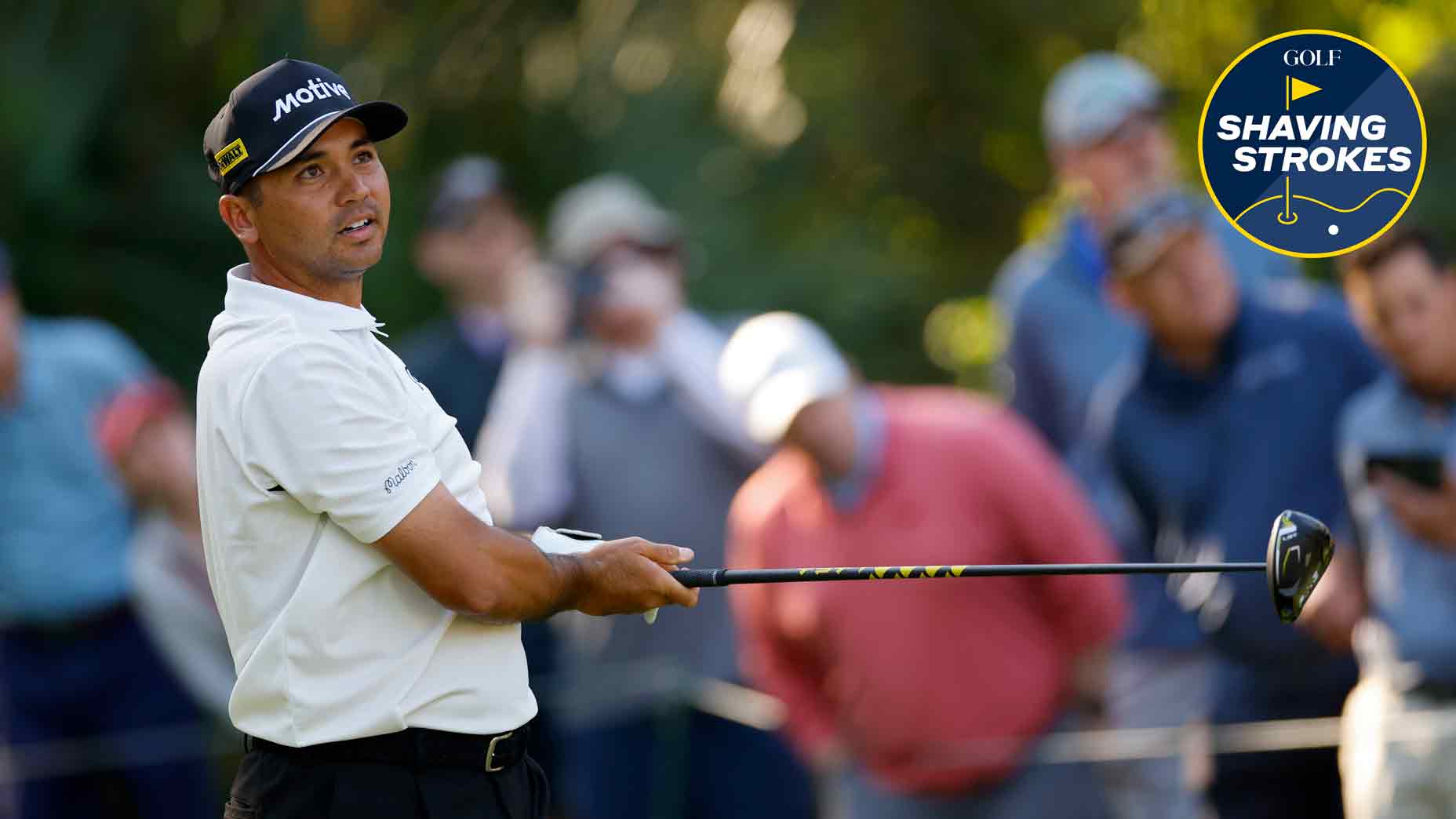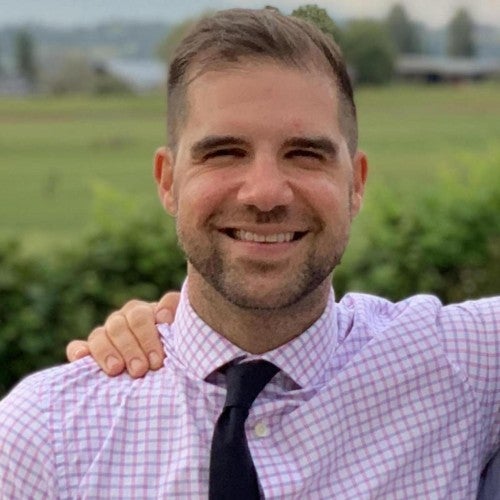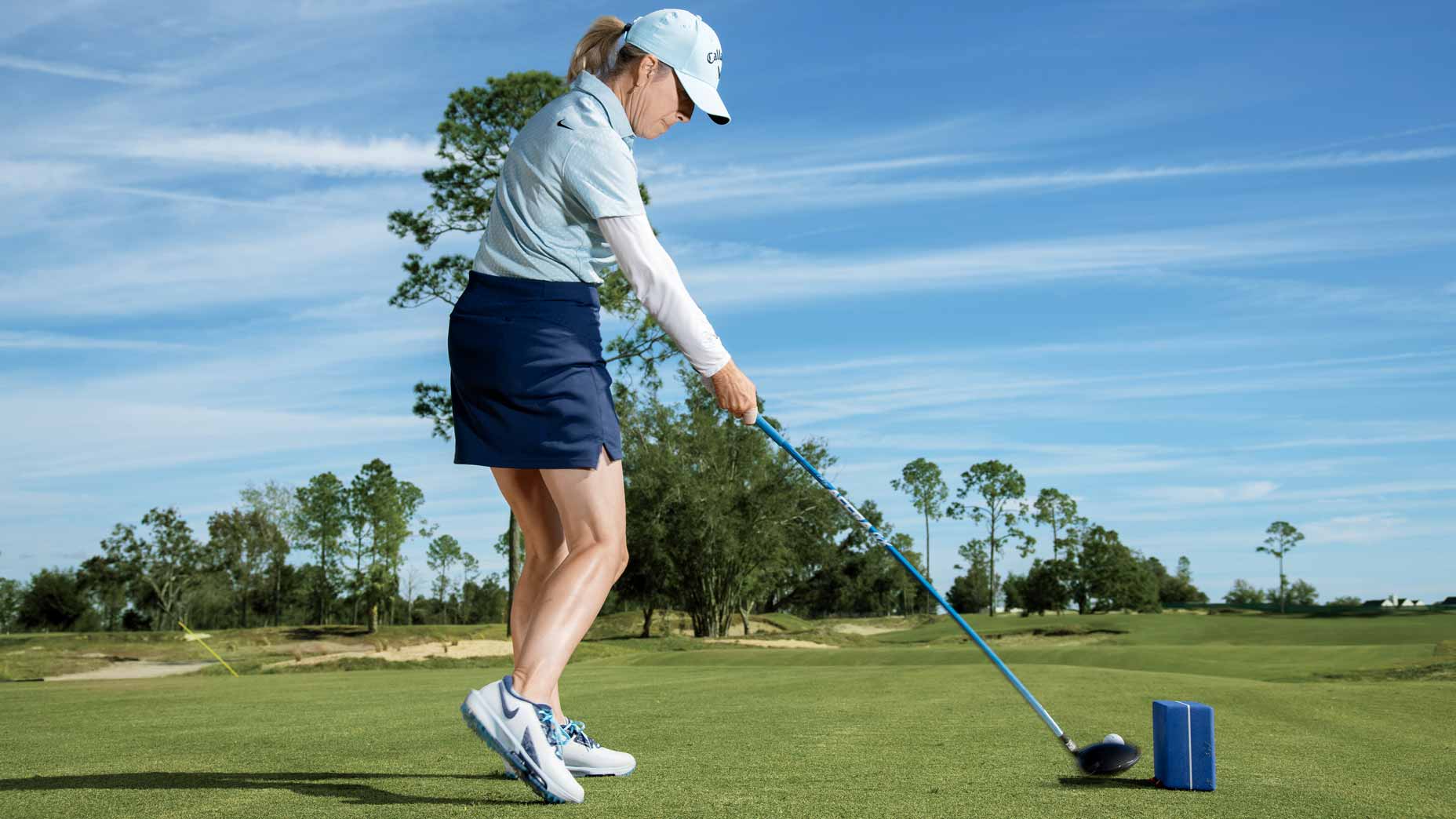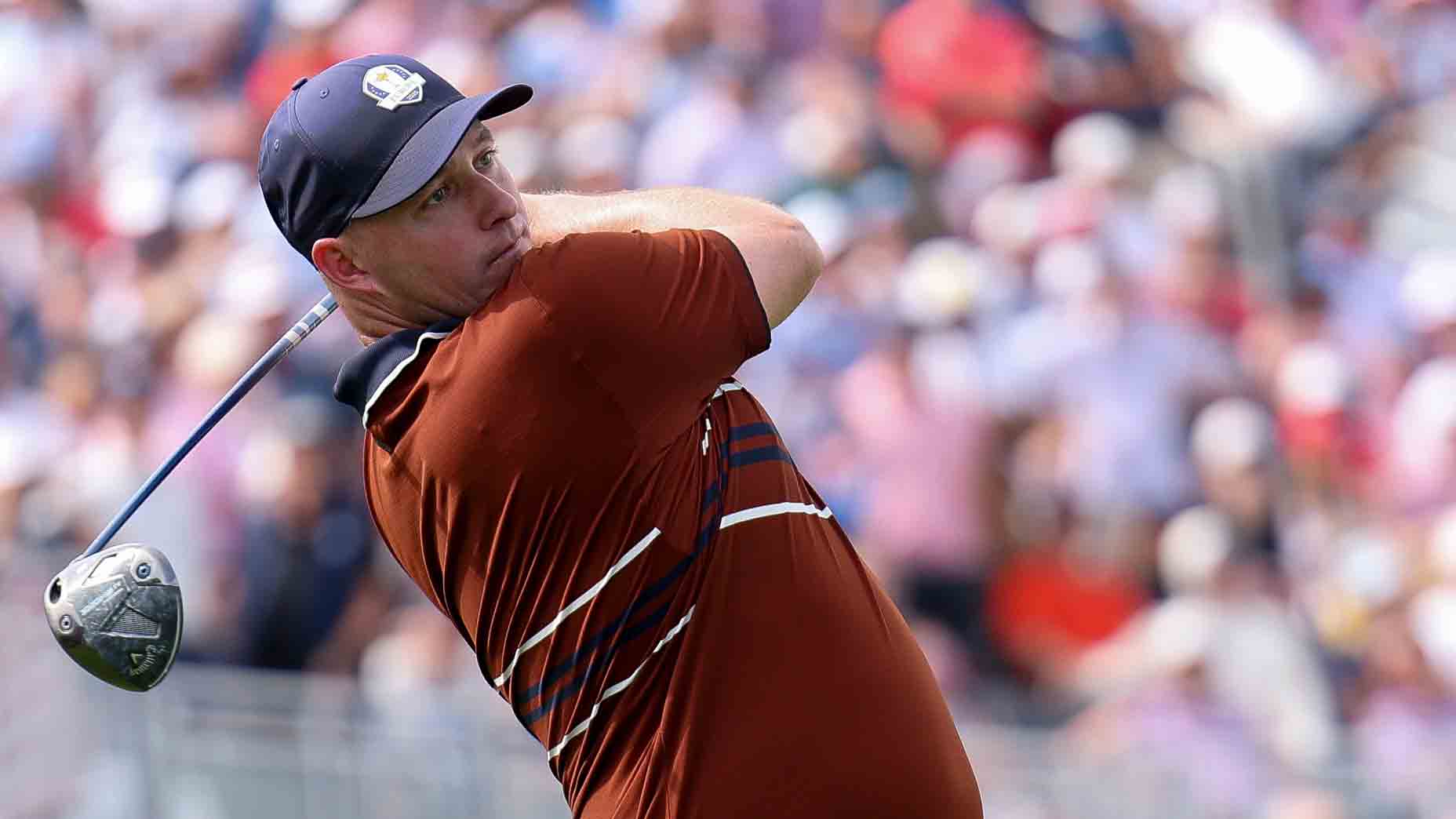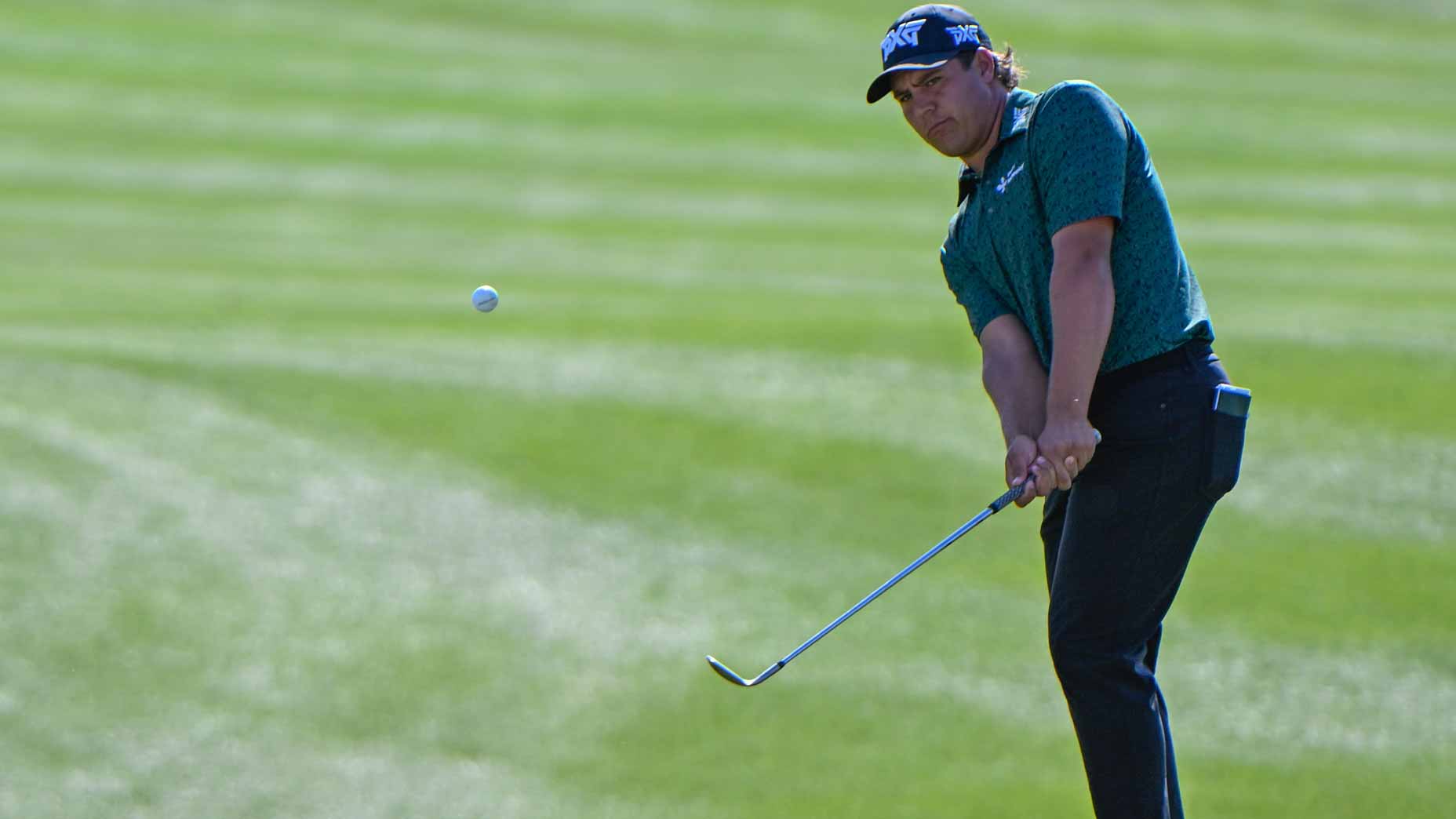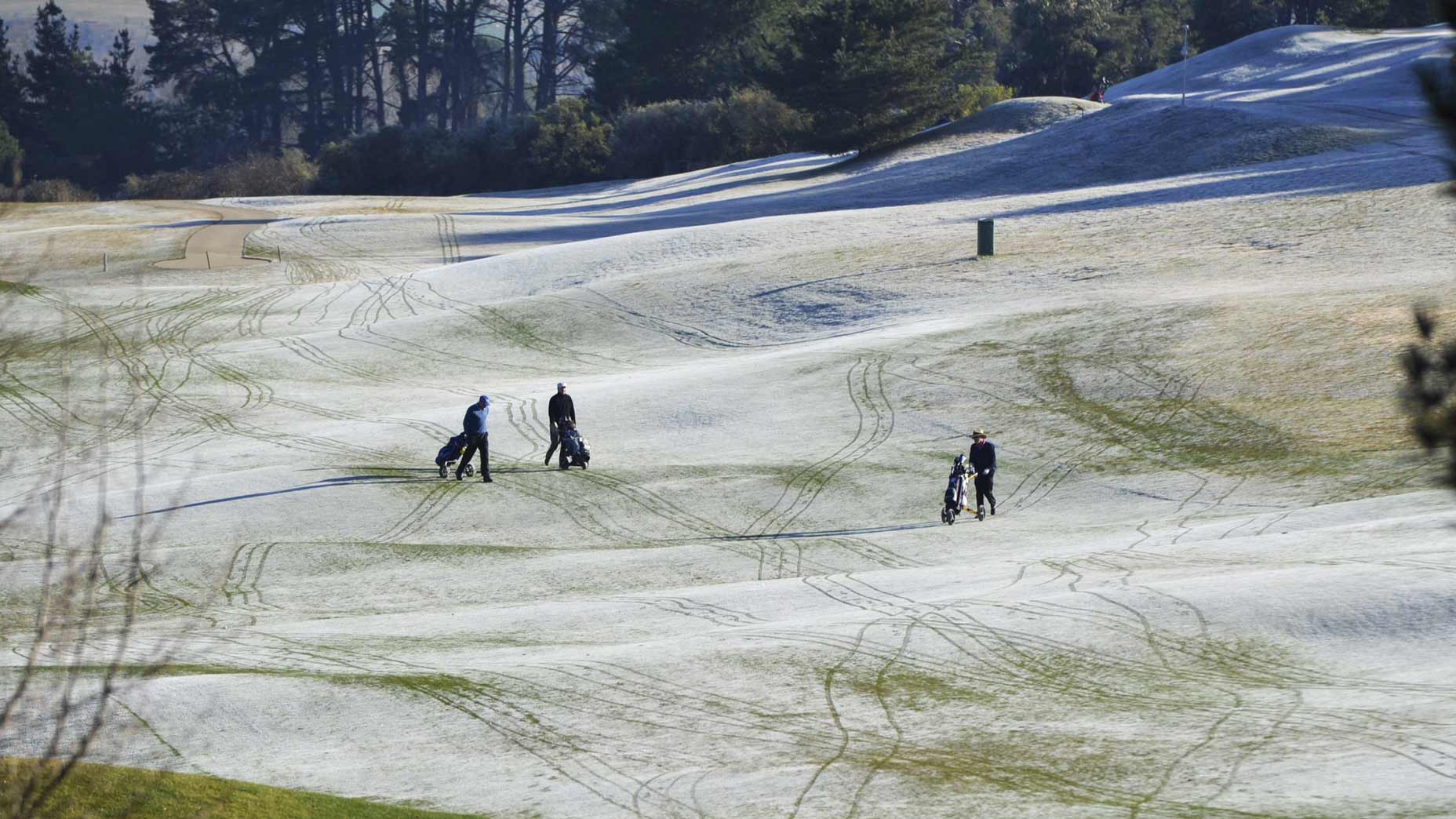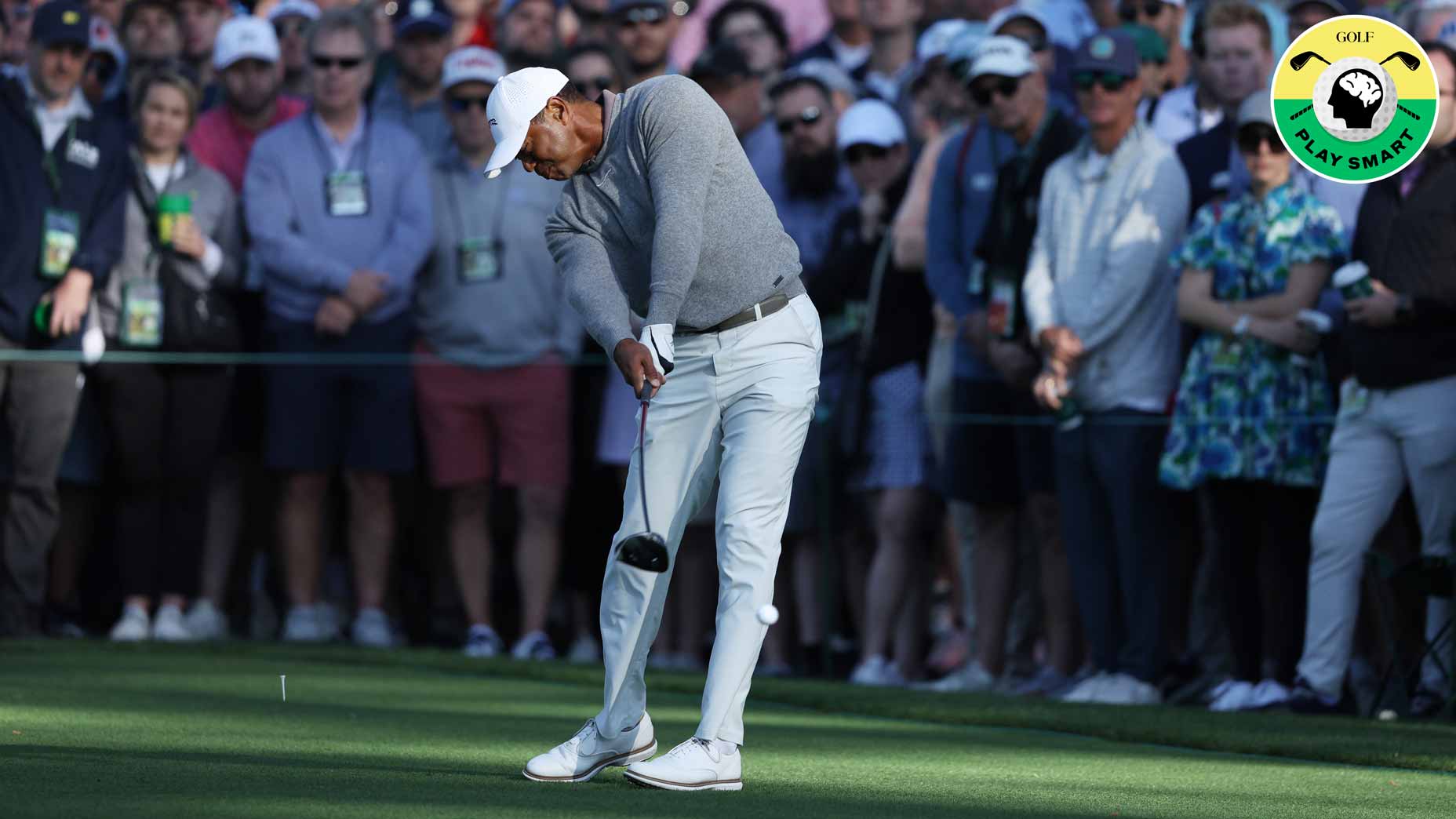Welcome to Shaving Strokes, a GOLF.com series in which we’re sharing improvements, learnings and takeaways from amateur golfers just like you — including some of the speed bumps and challenges they faced along the way.
How many fellow mid-handicappers only measure their success based off their golf score? Understandably, it makes plenty of sense. After all, the name of the game is to score low and reduce the amount of shots you have each round.
Problem is, that’s not necessarily the only positive takeaway — and if your sheer focus is only on the golf score, you may be doing more harm than good.
For example, over the past year, I’ve gotten some of the best golf instruction money can buy. I’ve worked with numerous GOLF Top 100 Teachers, picking their brains on how to improve my fundamentals and lower my scores.
How I learned to suck less at golf and lower my scoresBy: Ryan Barath
Here’s the real crappy part, though: Despite visually having a better swing and becoming an improved ball-striker, my scores are still hovering around 90 each round.
So what gives?
First off, it’s important to avoid listening to too many people at once — a mistake I’m making. Second, just because I’m still a bogey-golfer doesn’t mean I’m not a better golfer, even if the scores aren’t showing it.
I’m hitting more consistent tee shots and have improved my putting, but other parts of my game still need some attention.
That’s why trusting the process, sticking to a routine and enjoying the little wins is so critical — something GOLF Top 100 Teacher Joe Plecker reminded me in a recent lesson.
Trust the process and ignore your golf scores
It’s such a cliche phrase in sports, but “trusting the process” often holds true in lots of different situations — and in golf, Plecker thinks it’s critical for improvement.
“All golfers want to rate themselves on how they shoot. But [long-term] what we’re working on in your game is your skill development — which takes time to develop and frequency, good feedback and practice,” Plecker tells me. “A lot of times, you might hit the ball really well, but the circumstances of the round didn’t add up.”
3 ways to overcome a mid-round slump, per Jason Day’s performance coachBy: Nick Dimengo
Just because you hit a flush shot, doesn’t mean you’re guaranteed a low score. In fact, for most amateur golfers, that’s where they get frustrated — because they think hitting a fairway off the tee or a green in regulation means they should make birdie or par.
But Plecker thinks that part of skill development is understanding how to score, not just hit good shots. It’s why he likes to compare golf instruction to baking, reminding me that if a recipe calls for an hour in the oven, taking it out after 30 minutes means it isn’t totally done yet.
This is the approach he thinks that many amateurs need to use when it comes to gauging their own improvement.
“What I want you to do is realize that you’re in a long-term process for development,” he tells me. “A lot of amateur players really have high expectations of when they should improve and how fast. But elite players and players who play the game professionally look at a much longer haul with them working on something in their swing.”
Plecker then suggests skipping the driving range and just going to play a round to practice on your game — but to resist the temptation of keeping a golf score.
“If you’re only practicing shots on the range, take an afternoon and go out on the golf course with no scorecard. Just hit shots,” he tells me. “Be sure to trust your process, stay frequent in your feedback, and keep working the steps that you need.”
Focused golf practice: Rules for concentrating on each shot for better playBy: Nick Dimengo
Finally, Plecker reminds me that playing loose, ditching any expectations and just having fun will be the best way to enjoy the game — and, ultimately, play your best.
“When players come out with a rigid mentality of scoring and it’s the only metric, they lose the ability to score and really have a good day,” he says. “Be aware that we want to have that goal of a good score, but let’s take away the expectations and enjoy the round. Just trust the process and hit those great shots that you’ve been practicing on the golf course.”
By celebrating even the smallest wins — like hitting a good tee shot or chipping it close to the pin — Plecker thinks more golfers will find rewards from specific areas of their skill development.
“Your best golf starts to be played when you’re not thinking about score,” he adds. “You’re just invested in the process and the joy of hitting a great drive, or chip or putt, and that’s going to drive the scoring down.”

Sure-Strike Training Aid by Sure Golf
View Product
